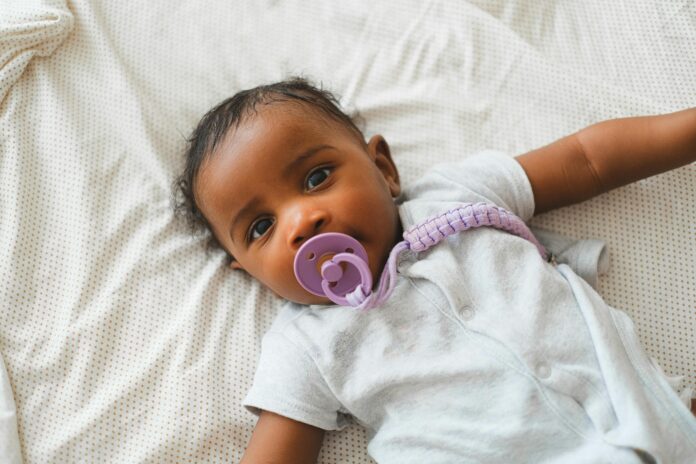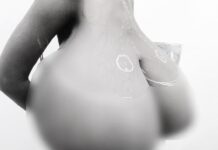A new national poll from the University of Michigan Health C.S. Mott Children’s Hospital has reignited the conversation around pacifier and thumb-sucking habits—revealing that many parents are unsure when and how to help their children let go of these comfort tools.
The poll found half of parents report their child used a pacifier, while a quarter engaged in thumb- or finger-sucking.
While these habits are natural and can be calming—especially during sleep or stress—experts now warn that prolonged use could lead to dental issues or speech delays.
“Pacifiers can reduce the risk of SIDS in infants, but their benefits fade with age,” said Dr. Susan Woolford, pediatrician at U-M Health.
“If they persist beyond toddlerhood, they may interfere with development.”
Experts recommend phasing out pacifier and thumb-sucking habits by age two, or even as early as six months to prevent long-term effects such as misaligned teeth or mouth structure changes.
Parents reported using a mix of strategies to break the habits. Common methods included:
- Restricting pacifiers to bedtime
- Hiding or “losing” the pacifier
- Replacing it with a stuffed toy
- Cutting the pacifier nipple to reduce appeal
- Using deterrents like mittens or bitter substances for thumb-suckers
Dr. Woolford advises tailoring the weaning process to the child’s age and temperament. Books, videos, or reward systems like sticker charts can help. For some kids, a dramatic send-off like a visit from the “pacifier fairy” works wonders.
“Above all,” she adds, “approach the transition with kindness and patience. For a child, giving up a pacifier is a big emotional step.”
With the right approach, families can shift from soothing habits to healthier, long-term coping tools—without the tears.



















